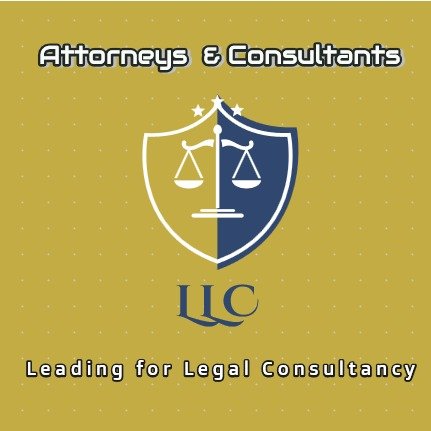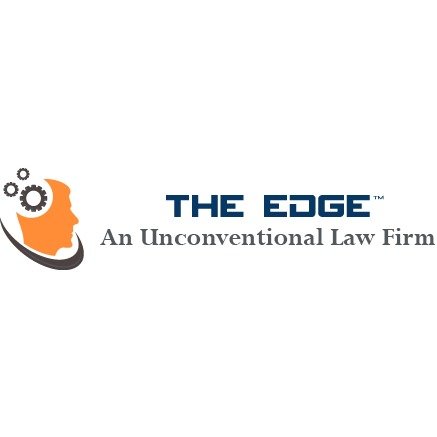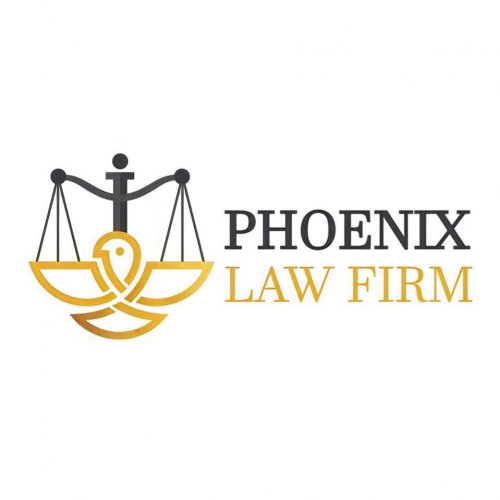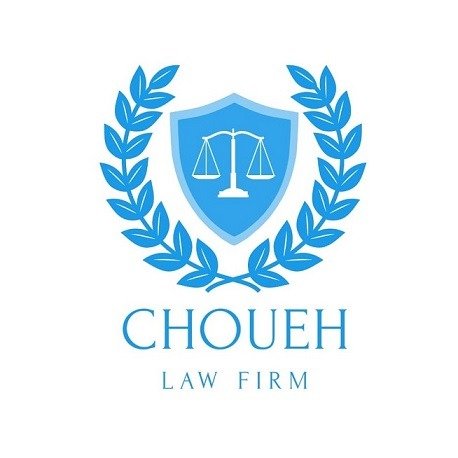Best Corporate Governance Lawyers in Lebanon
Share your needs with us, get contacted by law firms.
Free. Takes 2 min.
Or refine your search by selecting a city:
List of the best lawyers in Lebanon
About Corporate Governance Law in Lebanon
Corporate governance refers to the system of rules, practices, and processes by which companies are directed and controlled. In Lebanon, corporate governance laws aim to ensure transparency, accountability, and fairness in business operations. While Lebanon follows a civil law tradition, the country has been striving to adopt modern corporate governance principles, influenced by international best practices and local reforms. Lebanese corporate governance regulates how boards of directors, management, shareholders, and other stakeholders interact, ensuring that companies operate ethically and transparently.
Why You May Need a Lawyer
Corporate governance can be complex, often requiring legal expertise to navigate regulatory requirements, draft policies, or resolve disputes. Common situations where a lawyer can offer invaluable assistance include:
- Forming a new company or modifying a company’s legal structure - Drafting and reviewing board resolutions, meeting minutes, and internal regulations - Advising on shareholder rights and disputes between shareholders and directors - Ensuring compliance with anti-money laundering (AML) and anti-corruption regulations - Handling mergers, acquisitions, and other major transactions - Implementing whistleblowing policies and dealing with related complaints - Navigating investigations or regulatory actions by Lebanese authorities - Managing disclosure obligations and transparency requirements - Advising on directors’ duties and liabilities - Providing guidance on best practices for effective corporate governance
Local Laws Overview
Lebanon’s corporate governance landscape is shaped by several primary legal sources:
- Code of Commerce: This code sets the framework for company formation, board structures, and the rights and duties of shareholders and directors. - Law No. 44/2015 (AML Law): Addresses anti-money laundering and imposes compliance obligations on companies. - Capital Markets Law No. 161/2011: Regulates publicly listed companies and enhances transparency and disclosure requirements. - Central Bank of Lebanon (Banque du Liban) Circulars: Especially for financial institutions, these lay out mandatory standards for corporate governance. - Commercial Companies Law: Stipulates company management requirements, including board composition, responsibilities, and meeting protocols.
In recent years, regulatory bodies like the Capital Markets Authority and the Lebanese Central Bank have emphasized the adoption of effective corporate governance policies, encouraging businesses to adopt voluntary codes in line with global standards.
Frequently Asked Questions
What is corporate governance and why is it important in Lebanon?
Corporate governance involves implementing systems to direct and control companies, promoting ethical conduct, accountability, and transparency. Good governance helps attract investors, minimize risks, and build sustainable businesses in Lebanon’s competitive market.
What laws regulate corporate governance in Lebanon?
The main sources are the Code of Commerce, Commercial Companies Law, Capital Markets Law, and sector-specific regulations issued by the Central Bank and other regulators.
Are there any corporate governance codes or guidelines in Lebanon?
Yes, some industry associations and regulatory authorities have issued codes and voluntary guidelines to improve governance standards, especially for listed companies and banks.
Does Lebanese law require having a board of directors?
Yes, most Lebanese companies, especially joint-stock companies (SAL) and limited liability companies (SARL), must have a board of directors or managers as outlined in the law.
What are the duties of company directors under Lebanese law?
Directors must act in the company’s best interests, exercise diligence, comply with laws, avoid conflicts of interest, and ensure accurate financial reporting.
How can shareholders protect their rights in a Lebanese company?
Shareholders can participate in general meetings, vote on resolutions, request information, and, if necessary, challenge decisions in court if their rights are infringed.
What are the consequences for violating corporate governance regulations?
Consequences can include administrative penalties, fines, civil liability, reputational damage, or even criminal liability in cases of fraud, corruption, or money laundering.
Is it mandatory to disclose financial statements in Lebanon?
For listed companies and some regulated sectors, disclosure of financial statements is mandatory. Other companies may also be required to provide financial information to shareholders and regulators.
How does corporate governance affect family businesses in Lebanon?
Good governance frameworks help family businesses with succession planning, transparency, and conflict resolution, promoting longevity and sustainable growth.
Can foreign investors expect the same corporate governance standards in Lebanon?
While Lebanese laws apply equally to domestic and foreign shareholders, international investors often seek enhanced governance practices, which many leading Lebanese companies voluntarily adopt.
Additional Resources
- Central Bank of Lebanon (Banque du Liban): Issues governance circulars for banks and financial institutions - Capital Markets Authority: Provides guidelines and oversight for listed companies - Ministry of Economy and Trade: Source for the Commercial Companies Law and company registration - Lebanese Transparency Association: Non-governmental organization promoting transparency and good governance - Association of Lebanese Banks: Publishes resources on banking governance
These institutions can provide information, guidelines, and assistance related to corporate governance in Lebanon.
Next Steps
If you require legal advice or assistance regarding corporate governance in Lebanon, consider the following steps:
- Identify the specific issues you are facing, such as shareholder disputes, board matters, or regulatory compliance. - Gather relevant documents, such as company bylaws, board meeting minutes, and correspondence. - Seek a qualified Lebanese lawyer or law firm specializing in corporate and commercial law. - Prepare any questions about your rights, obligations, or available options in advance. - Schedule a consultation to obtain tailored legal advice and discuss strategies for resolving or preventing governance issues. - Stay informed of ongoing legal developments that may affect your company’s governance obligations.
Taking proactive steps and seeking professional legal guidance can help you ensure that your company operates efficiently, complies with Lebanese law, and is well-prepared for future challenges.
Lawzana helps you find the best lawyers and law firms in Lebanon through a curated and pre-screened list of qualified legal professionals. Our platform offers rankings and detailed profiles of attorneys and law firms, allowing you to compare based on practice areas, including Corporate Governance, experience, and client feedback.
Each profile includes a description of the firm's areas of practice, client reviews, team members and partners, year of establishment, spoken languages, office locations, contact information, social media presence, and any published articles or resources. Most firms on our platform speak English and are experienced in both local and international legal matters.
Get a quote from top-rated law firms in Lebanon — quickly, securely, and without unnecessary hassle.
Disclaimer:
The information provided on this page is for general informational purposes only and does not constitute legal advice. While we strive to ensure the accuracy and relevance of the content, legal information may change over time, and interpretations of the law can vary. You should always consult with a qualified legal professional for advice specific to your situation.
We disclaim all liability for actions taken or not taken based on the content of this page. If you believe any information is incorrect or outdated, please contact us, and we will review and update it where appropriate.
Browse corporate governance law firms by city in Lebanon
Refine your search by selecting a city.













